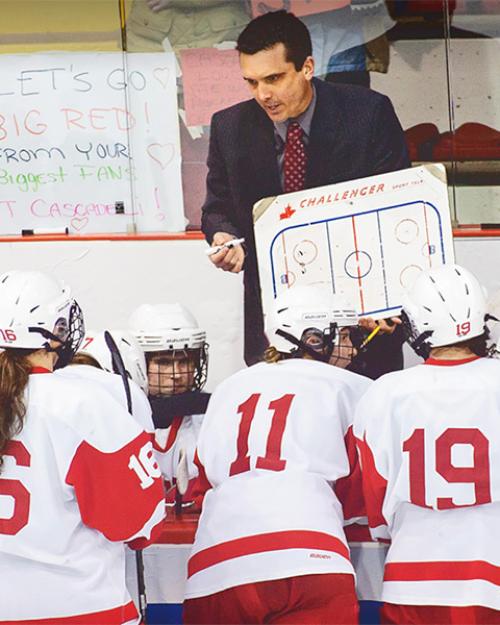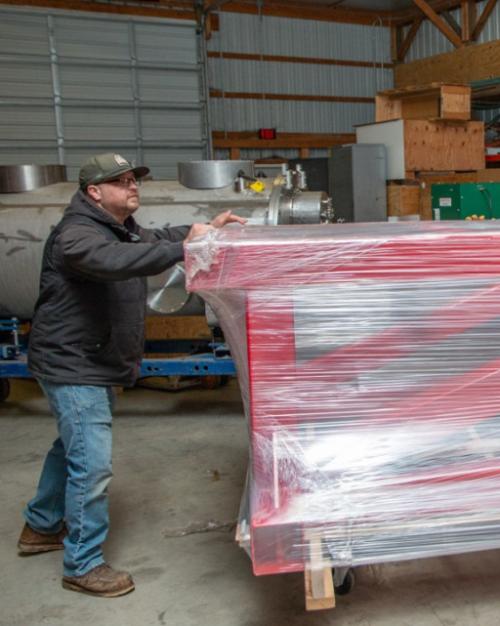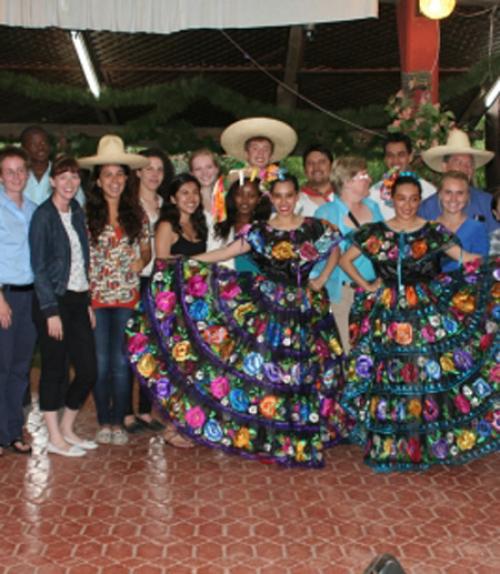Cornell faculty, staff and graduate students from a variety of disciplines will share their research and work on Latin America at the inaugural conference of the Latin American Studies Program (LASP), Feb. 19 at the A.D. White House.
“This is a way for everybody at Cornell to become familiar to what others at the university are doing in Latin American studies,” said conference organizer Wendy Wolford, the Polson Professor of Development Sociology.
The daylong event begins with coffee and registration at 8 a.m., and opening remarks by LASP Director Gustavo Flores-Macías, assistant professor of government; and associate professor of history Raymond Craib, the program’s incoming director starting July 1.
“The conference represents a great opportunity for the LASP community to showcase their research, exchange ideas, receive feedback and network,” Flores-Macías said. “The response for the call for proposals was very encouraging; about 40 people from across the university will workshop their research or provide feedback to presenters.”
Scholars from five Cornell colleges and professional schools, the Herbert F. Johnson Museum of Art, the Cornell Lab of Ornithology and the Committee on U.S.-Latin American Relations (CUSLAR) will present on 32 projects and topics. Participants also include Andrea Reyes Blanco, an attorney from Chile specializing in environmental regulation, who is at Cornell as a Hubert H. Humphrey Fellow.
“All of the presentations will be pretty quick. It’s a very full day, just to give a flavor of everything going on,” Wolford said. “I’m very pleased that there are so many colleges, departments and disciplines represented.”
The proceedings also include a working lunch, with small groups discussing ideas for LASP on campus and in Latin America, and a closing reception at 5:30 p.m.
“Part of this is about reasserting that we do have a Latin American Studies Program on the campus,” Craib said. “There is a strong and vibrant community of Latin Americanists here, and a lot of young faculty and scholars as well. We started a graduate fellows program this semester under Gustavo, and that will be carried forward next year.”
Half of the research presenters are graduate students, in fields ranging from anthropology to earth and atmospheric sciences.
“We wanted to be inclusive,” Craib said. “For both graduate students and faculty, it will give us a common opportunity to get together and hear about each others’ work and interact with each other across departments.”
The LASP Steering Committee “sat down to brainstorm at the beginning of the year as to how we could really build out Latin American studies, and we all got excited about having an annual ‘show’ where we could get all of us together,” Wolford said. “We sent out a survey asking what programs people would like to see or who they would be interested in having come speak.”
A conference invitation went out to the Cornell community last semester, “seeking proposals based on their own research, or a panel suggestion,” Wolford said.
She noted that “Teaching and Researching the Caribbean at Cornell” was submitted as “a fully constituted panel idea” by assistant professor of history Ernesto Bassi. He will moderate that panel, which includes a presentation on service learning in the Dominican Republic by three undergraduates and CUSLAR coordinator Tim Schenk.
Craib will discuss early 20th-century anarchist movements in Chile, the topic of his recently completed book, “The Cry of the Renegade,” during the first panel, “Social Mobilization, Movements and Parties.”
Wolford is moderating the panel “Rethinking Development in Latin America,” in which Flores-Macías presents “Building Political Support for Fiscal Reforms in Developing Countries,” offering evidence from Mexico. Other panels include “Conservation, Agriculture and Socio-Nature Divides” and “Culture, Categories and (subversive) Contributions.”
Flores-Macías lauded the diversity of research topics, including business innovation, biodiversity, the geography of educational attainment, impacts of dam proliferation in the Amazon, and the relationships between race, class and social programs.
“The conference is an important step forward in giving LASP a true multidisciplinary orientation, and nourishing a universitywide intellectual community for those interested in the study of Latin America at Cornell,” he said. “I encourage anybody interested in the region to attend.”
This article originally appeared in the Cornell Chronicle.




